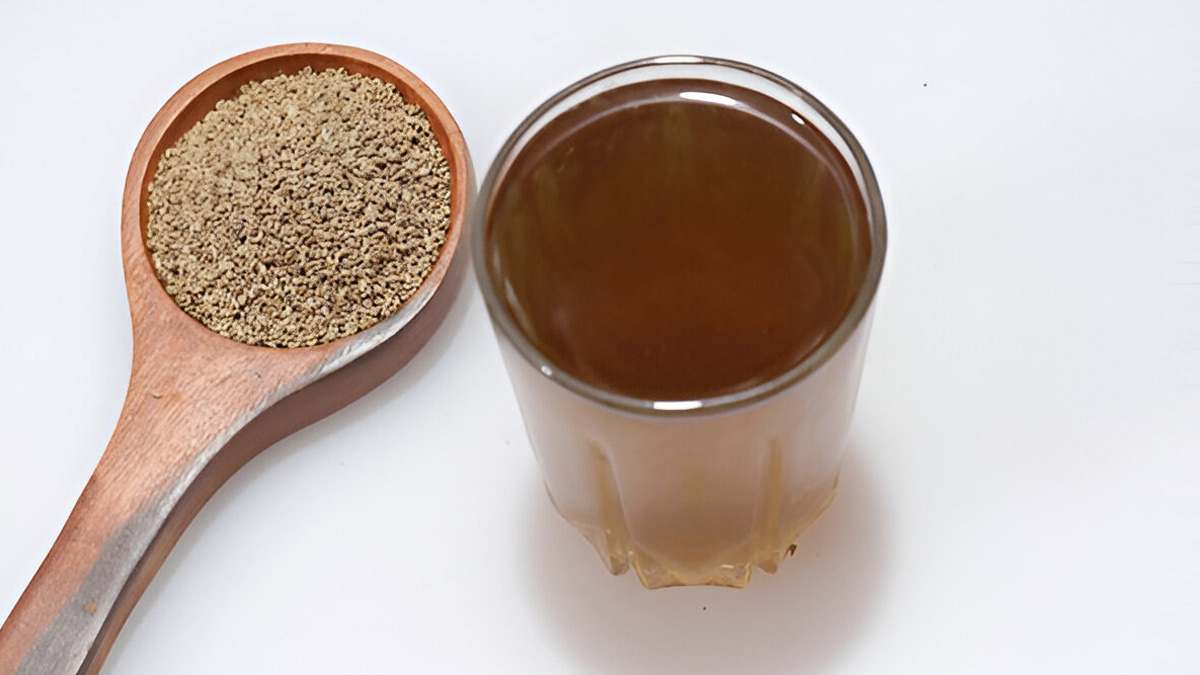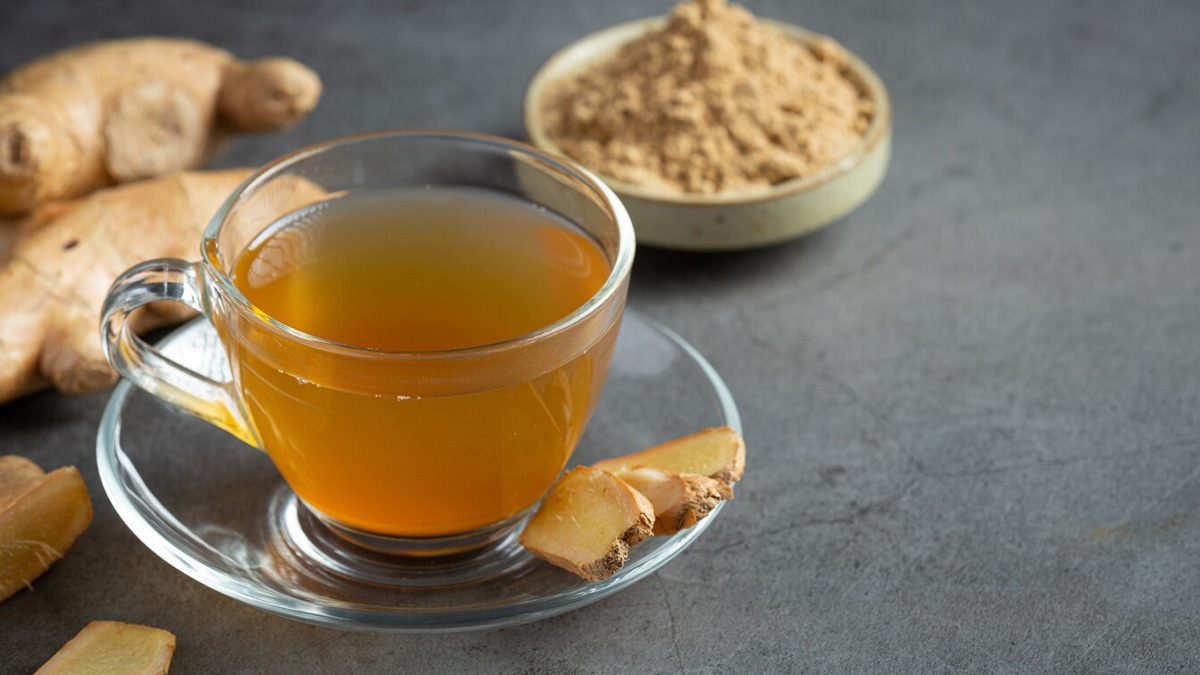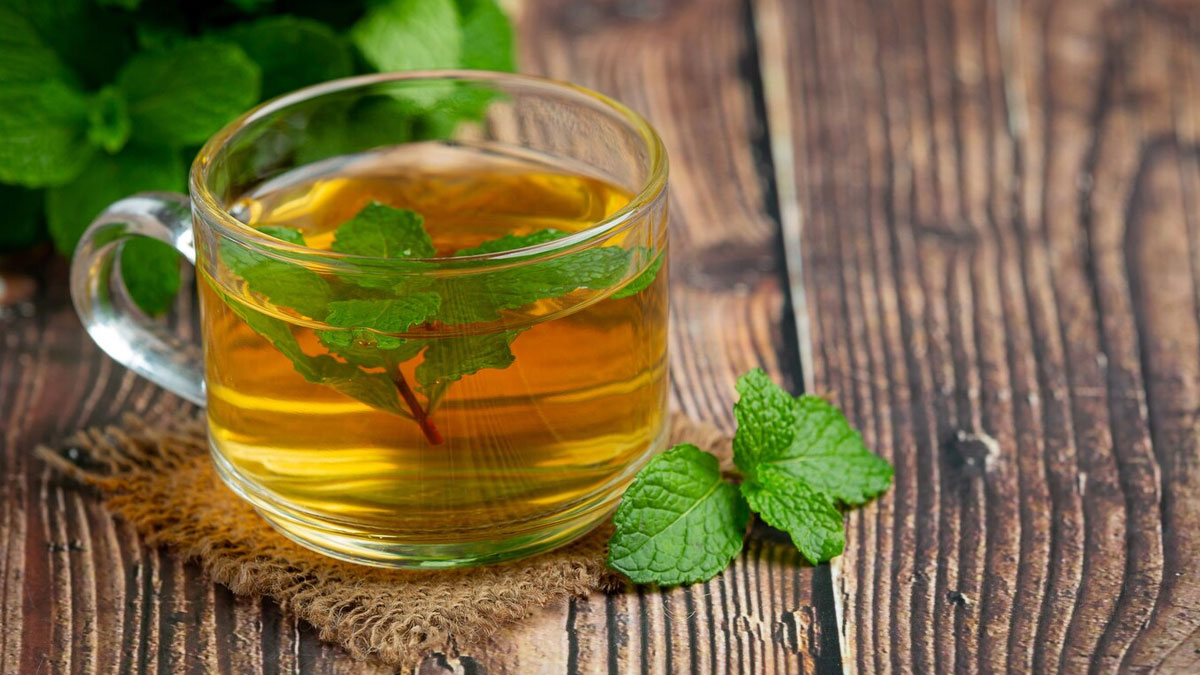
While it may be embarrassing for some to talk openly about gas and flatulence, suffering in silence can be just as uncomfortable. When it comes to such digestive issues, they are often harmless. However, they can sometimes be a sign of an underlying health condition that shouldn’t be ignored.
Table of Content:-
In the meantime, there’s no harm in turning to home remedies for some much-needed relief. In a conversation with OnlyMyHealth, Dr Anupama N K, Consultant — Medical Gastroenterology at Aster CMI Hospital, Bengaluru, explains some of the most common causes of excess gas and persistent flatulence and shares effective home remedies to ease the discomfort.
Also Read: Fart Walks: The Surprising New Exercise Backed by Doctors for Healthy Ageing
What Causes Excessive Gas And Farting?
According to Dr Anupama, excessive gas production in the digestive system can be attributed to a variety of factors, primarily related to dietary choices, digestive health, and lifestyle habits. "Foods that are high in fibre, such as beans, lentils, and certain vegetables, can lead to increased gas as they are fermented by bacteria in the intestines."
Additionally, the consumption of carbonated beverages introduces extra air into the digestive tract, contributing to bloating and discomfort.
Certain food intolerances, such as lactose intolerance or gluten sensitivity, can also result in excessive gas as the body struggles to break down these substances.
Furthermore, eating habits, such as eating too quickly or talking while eating, can cause individuals to swallow air, which may exacerbate the problem.
It is important to know that in some cases, underlying medical conditions, such as Irritable Bowel Syndrome (IBS) or gastrointestinal infections, can lead to increased gas production, highlighting the importance of understanding both dietary and health-related factors in managing this common issue.
Home Remedies to Relieve Farting

Ajwain With Rock Salt
Ajwain, or carom seeds, is an essential kitchen ingredient that is popular for its digestive benefits. According to Dr Anupama, it contains thymol, which boosts digestion and relaxes the muscles in the digestive tract, making it easier for trapped gas to pass.
How to use: Mix 1/2 tsp of ajwain with a pinch of rock salt and warm water. Consume after meals.
Fennel Seeds (Saunf)
Fennel seeds, or saunf, have been used for generations as a natural way to ease digestive discomfort, reduce bloating, and ease flatulence. Dr Anupama says, "Fennel seeds contain compounds that relax gastrointestinal muscles and allow trapped gas to dissipate."
How to use: Chew one tsp of fennel seeds after meals or steep them in hot water to make fennel tea.
Also Read: Period Farts: Why Do You Feel Gassy During Your Periods? Here’s All You Need To Know
Ginger Tea

Ginger is another common ingredient found easily in Indian kitchens. It is popularly known for its compounds like gingerol that aid digestion by helping food move smoothly through your stomach and reducing muscle spasms in the gut. This can ease that heavy, gassy feeling. Additionally, research shows that ginger may help ease nausea and reduce stomach discomfort, attributed to its anti-inflammatory and antioxidant properties.
How to use: Steep a few slices of fresh ginger in hot water for 5–10 minutes and drink before or after meals.
Warm Water With Lemon
Warm lemon water is a classic drink that offers several health benefits, including digestive comfort. The combination is believed to aid digestion by stimulating stomach acid production and helping ease the movement of food through the digestive tract, which may ease excess gas. According to Dr Anupama, it also acts as a mild diuretic, helping flush out toxins and reduce bloating.
How to use: Squeeze half a lemon in a glass of warm water and drink on an empty stomach in the morning.
Peppermint Tea

Peppermint tea is said to be an effective natural remedy for digestive issues, including excess gas and bloating. Peppermint contains menthol, which relaxes the digestive tract, reducing bloating and the sensation of fullness. It also helps ease muscle spasms in the gastrointestinal tract, allowing trapped gas to pass more easily.
How to use: Brew fresh peppermint leaves or use a teabag, and drink between meals.
Conclusion
While excess gas and flatulence are usually harmless, they can be extremely uncomfortable. Therefore, resorting to a few simple home remedies can make a big difference. From ajwain water and fennel seeds to warm lemon water, ginger, and peppermint tea, these natural remedies may ease discomfort and help you feel lighter. However, if your symptoms persist or get worse or come with other health issues, check in with a doctor just to make sure there’s nothing more serious going on.
Also watch this video
How we keep this article up to date:
We work with experts and keep a close eye on the latest in health and wellness. Whenever there is a new research or helpful information, we update our articles with accurate and useful advice.
Current Version
